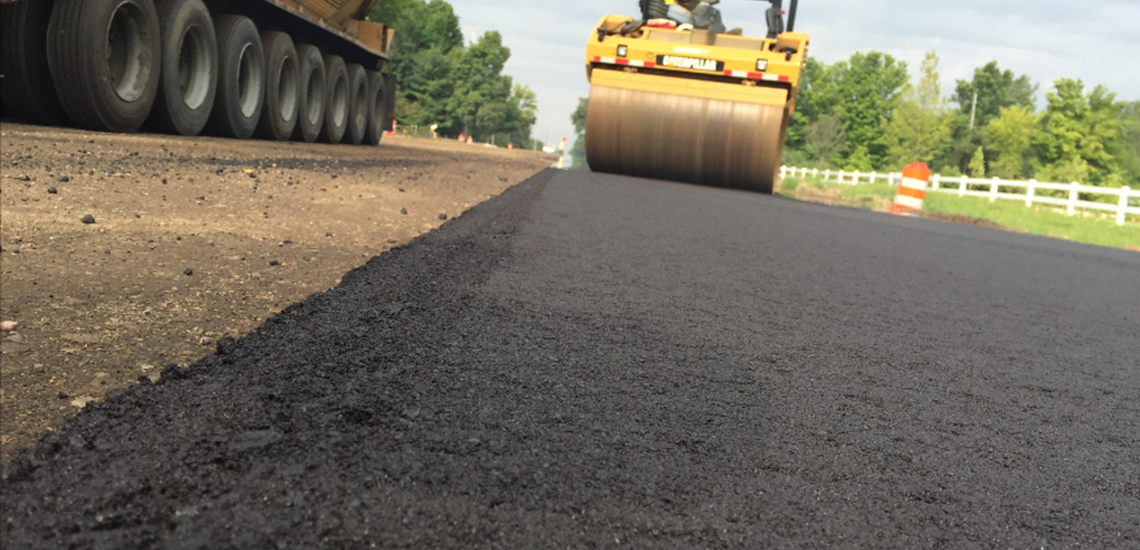Latvia to experiment with paving roads with old tyres
Tyres to Roads in Latvia
As yet another EU country experiments with rubberised asphalt, tyres could go back to where they have been used, on the roads. Scientists at Riga Technical University (RTU) are looking for a solution to pave Latvia’s roads with granules of old tyres.
This summer, an experimental route could be paved with asphalt containing rubber granules from old tyres.
RTU scientists have developed and tested new recipes for bitumen, the glue that contains splinters together in asphalt. Road builders typically add specific polymers to bitumen so that road surface is more resilient to cracks and groves.
“The rubber can be stretched and released, and it bounces back. Flexibility effect. We cannot stretch the bitumen, it will break,” said Viktors Haritonovs, lead researcher at the RTU Road and Bridge Department. “Consequently, by supplementing the bitumen with rubber, we allow the bitumen to become more flexible.”
If the polymer costs €4,000 a ton, then the rubber granules are about €120 to €150, Haritonovs said. “See what the difference is in terms of prices. Therefore, it is a competitive solution,” he added.
The use of rubber in the production of asphalt is nothing new: the method has been known for 70 years, but the technologies applied are evolving. Rubber has not been used yet in Latvia. One of the reasons (excuses) was that there was no suitable raw material. Currently, there are now factories that can provide tyre rubber of an appropriate quality.
In August, the recipe will be tested in practice, on a half-kilometre stretch of road. Currently, negotiations are ongoing with municipalities and parishes, where this might happen.
Source: Latvian TV




















